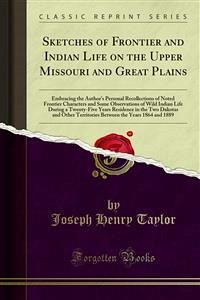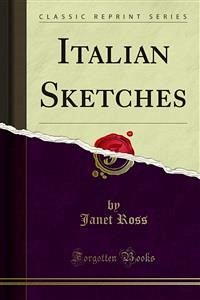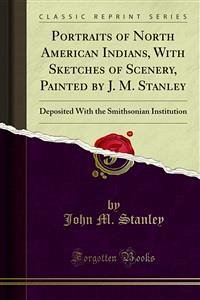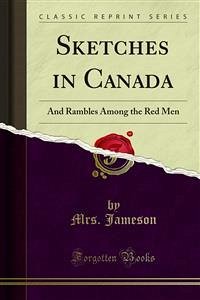Sketches by "Boz," Illustrative of Every-day Life and Every-day People (commonly known as Sketches by Boz) is a collection of short pieces Charles Dickens originally published in various newspapers and other periodicals between 1833 and 1836. They were re-issued in book form, under their current title, in February and August 1836, with illustrations by George Cruikshank. The first complete one volume edition appeared in 1839. The 56 sketches concern London scenes and people, and the whole work is divided into four sections: "Our Parish", "Scenes", "Characters" and "Tales". The material in the first three sections consists of non-narrative pen-portraits, but the last section comprises fictional stories.
Bitte wählen Sie Ihr Anliegen aus.
Rechnungen
Retourenschein anfordern
Bestellstatus
Storno









